Over the past decades, researchers have made proposals regarding a number of issues related to the pyramids, especially with the Giza pyramid complex.
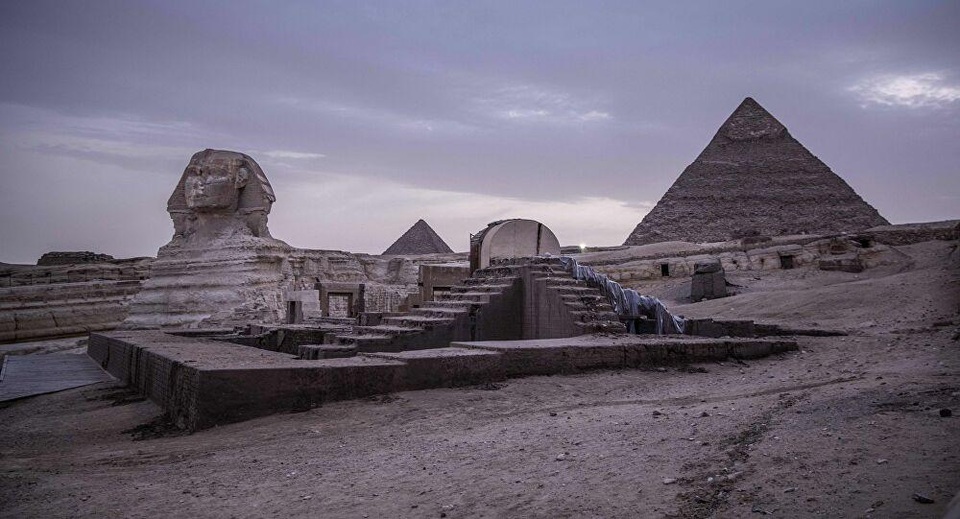
Although the idea that Egypt’s iconic pyramids were actually aligned with the stars seems plausible, it is considered an outlier in archaeology.
According to a 2009 study, one of the three structures, the Pyramid of Menkaure, is much smaller and is located slightly farther away indicating that the distance between the monuments has no relationship to the distance between the three stars of the Ring. Orion belt.
This is not the only reason why the Orion Correlation Theory often encounters opposition and criticism as it is often filled with other controversial claims. In particular, the most ardent defenders of the idea are often those who promote speculation about ancient aliens and forgotten technologically advanced cultures.
For example, author Graham Hancock argues that the pyramids, along with other wonders of the ancient world, are actually the legacy of a forgotten, advanced ancient civilization.
The Orion Correlation Theory grew out of researchers’ interpretation of two mysterious shafts discovered in the Great Pyramid of Giza that originated in the so-called “King’s Chamber” and went deeper into the walls of pyramid. Many believe that these are air shafts, although it is unclear what purpose they serve.
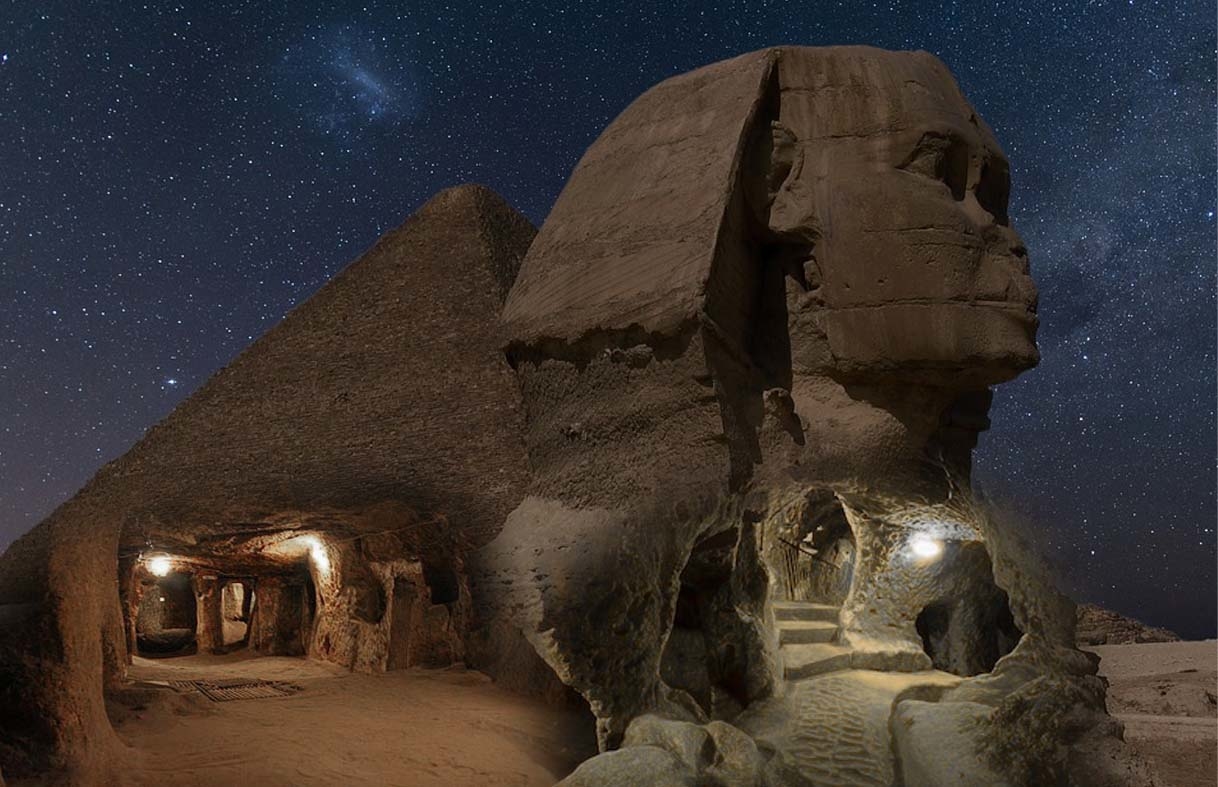
However, others argue that these tunnels represent pathways to heaven because the pyramids housed the tombs of dead pharaohs, and thus had special associations with the afterlife and ancient concepts about it.
Back in the 1960s, a group of Egyptologists suggested that these were actually asterisms built to point towards the most prominent stars and constellations, as the idea of heaven was predominant in the world. of the ancient Egyptians.
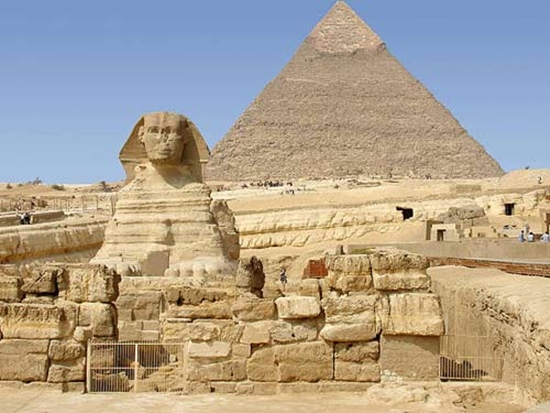
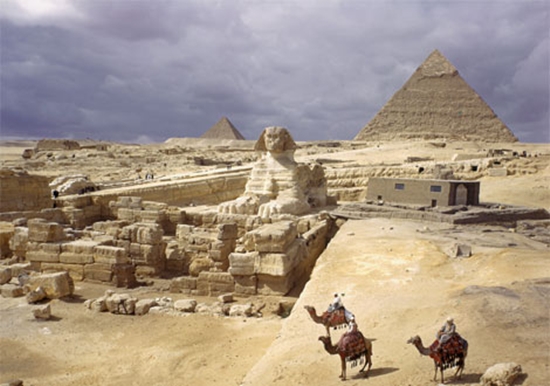
Two researchers, Virginia Trimble and Alexander Badawy, suggested that one of the axes seemed to point in the general direction of the position of the North Star when the pyramids were erected. The rest of the two largely point towards Orion’s Belt, known to be very important in ancient Egyptian mythology, as its stars represent Sah, the father of the Egyptian gods.
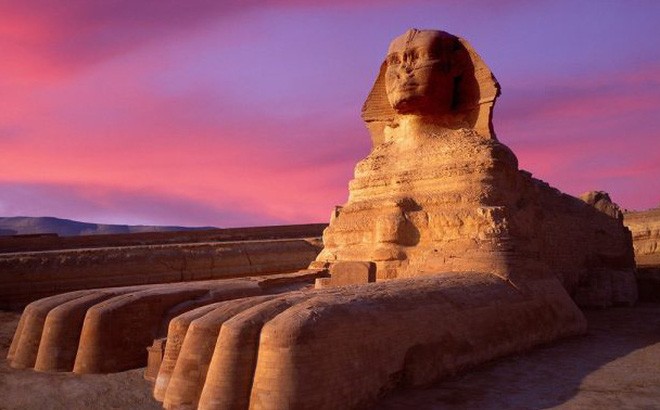
The pole stars, including the North Star, were known as the sacrosanct or indestructible stars, closely tied to beliefs about the afterlife.
In addition to shafts, there are other arrangements that can be taken into account. For example, the winter solstice sunset coincides with the location on the Pyramid of Menkaure, as seen from the Great Sphinx at Giza, while the angles of the Great Pyramid also correspond exactly to the cardinal directions: North, south, east and west, are intentionally the result of the builders carefully considering the movement of the Sun.
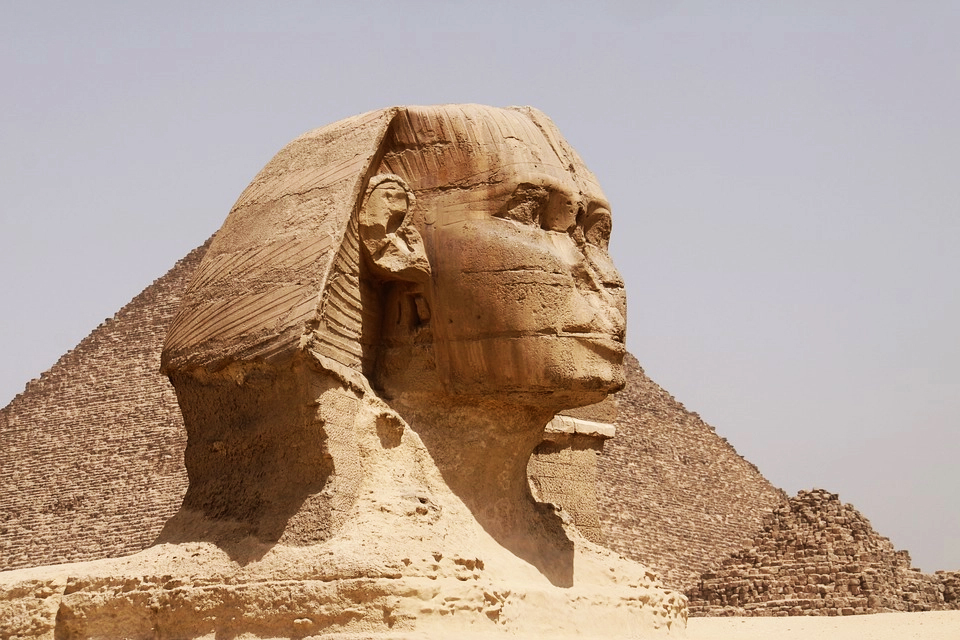
“Given the artwork, it is likely that the shaft served a larger purpose than acting as an air vent. The mystery of the Great Pyramid continues,” emphasized Rob Richardson, professor at the University of Leeds.





